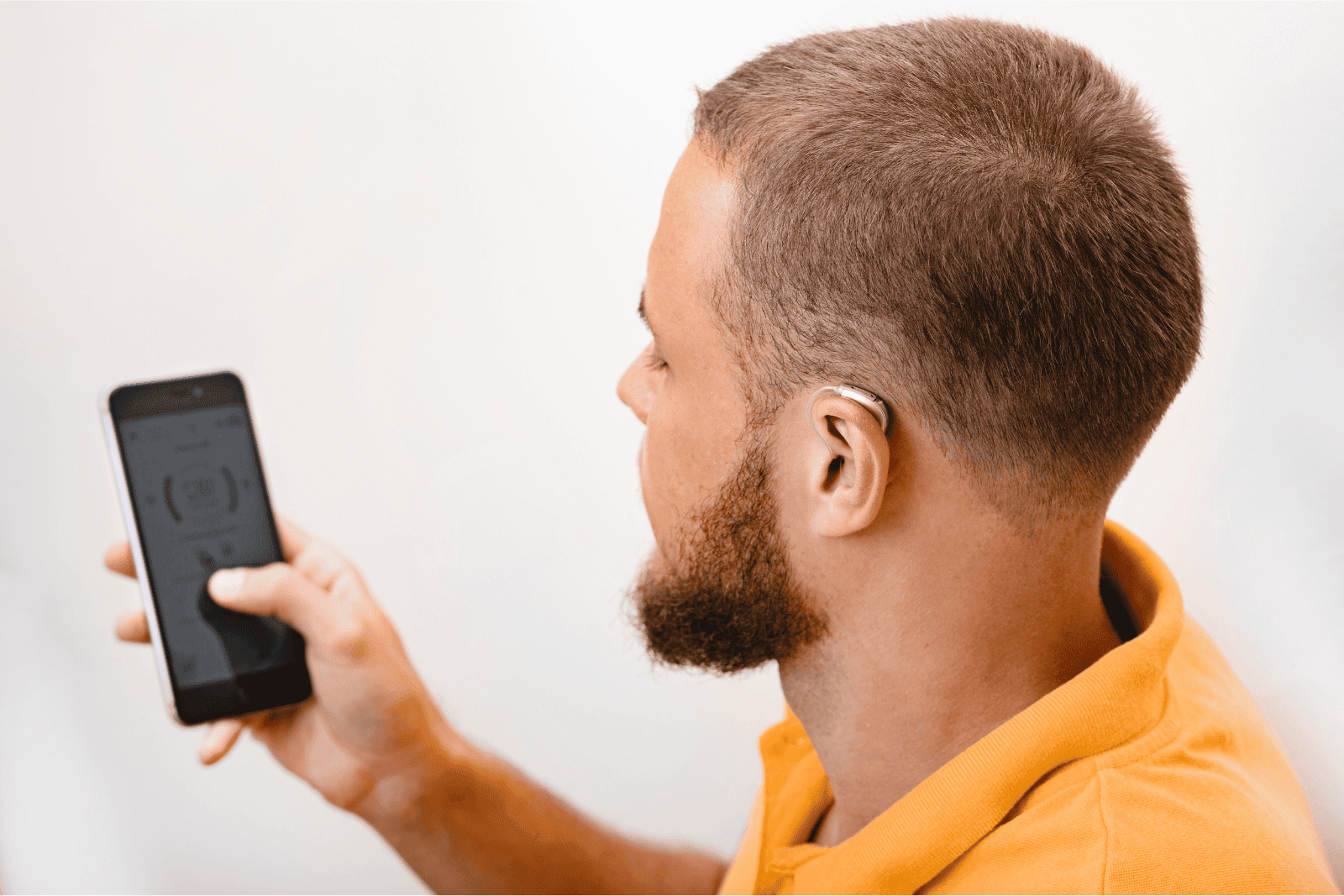
As an audiologist, I am committed to breaking down the barriers that prevent people from seeking help for their hearing loss. Despite the remarkable advancements in hearing loss prevention, diagnosis, and management, many individuals still hesitate to embrace hearing aids. In this article, we will explore common excuses people make for not wearing hearing aids and emphasize the importance of early detection. We’ll also delve into the latest developments in the field, shedding light on future interventions that could revolutionize hearing health.
The Stigma Surrounding Hearing Aids
One of the most pervasive excuses individuals make for avoiding hearing aids is the fear of stigma. Some associate hearing aids with old age, vulnerability, or frailty, and they resist seeking help out of pride. However, it’s crucial to understand that hearing loss can affect people of all ages, and wearing hearing aids is a sign of strength and self-care.
Recent research has shown that people who use hearing aids report higher levels of satisfaction with their lives and better emotional well-being. The stigma surrounding hearing aids is diminishing as more individuals, including celebrities and public figures, openly discuss their hearing loss and their positive experiences with hearing aids. Remember, embracing hearing aids can lead to a happier and more fulfilling life.
Denial and Delay
Another common excuse is denial. People often underestimate the extent of their hearing loss or believe they can manage without assistance. This delay can be detrimental to their overall health and quality of life. Recent studies have linked untreated hearing loss to cognitive decline, increased risk of falls, and social isolation. It is crucial to recognize that hearing aids can help mitigate these risks and improve overall well-being.
The Power of Early Detection
Early detection of hearing loss is paramount. Recent advancements in hearing assessment tools make it easier than ever to identify hearing problems in their infancy. Regular hearing screenings, ideally starting in childhood, can help ensure early detection and intervention.
Research has demonstrated that early intervention not only improves the effectiveness of hearing aids but can also slow the progression of hearing loss. Furthermore, it can significantly enhance a person’s quality of life by preventing the negative consequences associated with untreated hearing loss, such as depression and cognitive decline.
Innovations in Hearing Aid Technology
Modern hearing aids are nothing like the clunky, uncomfortable devices of the past. Today, they are smaller, more discreet, and technologically advanced. Some hearing aids are nearly invisible when worn, making them ideal for those concerned about aesthetics.
Additionally, recent advancements in hearing aid technology have led to features such as noise reduction, speech enhancement, and connectivity to smartphones and other devices. These features make hearing aids more user-friendly and effective in a variety of listening environments.
The Future of Hearing Health
While current hearing aid technology is impressive, the future holds even more promise. Researchers are exploring futuristic interventions that could revolutionize the way we address hearing loss.
Regenerative Therapies
Scientists are investigating regenerative therapies that may restore damaged hair cells in the inner ear, potentially offering a cure for certain types of hearing loss. While these treatments are still in the experimental phase, they hold tremendous potential.
Advanced Brain-Computer Interfaces
Futuristic technologies like brain-computer interfaces may enable direct communication between the brain and hearing devices, enhancing sound perception and reducing the need for external devices.
Customized 3D-Printed Hearing Aids
3D printing technology is already making waves in the hearing aid industry, allowing for the creation of personalized, comfortable, and highly effective hearing aids.
In conclusion, the excuses people make for not wearing hearing aids are understandable but ultimately counterproductive. Recent advancements in hearing loss prevention, diagnosis, and management have made it easier than ever to address hearing issues. Early detection is key to preventing the negative consequences of untreated hearing loss, and embracing hearing aids can lead to a happier, healthier life.
As an audiologist, my message to you is clear: don’t let excuses stand in the way of better hearing and a brighter future. Seek help, get your hearing assessed, and explore the range of modern, advanced hearing aids available to you. Remember, hearing is a precious sense that deserves to be cherished and protected. By taking action today, you can ensure that you enjoy the sounds of life to the fullest tomorrow and beyond.
